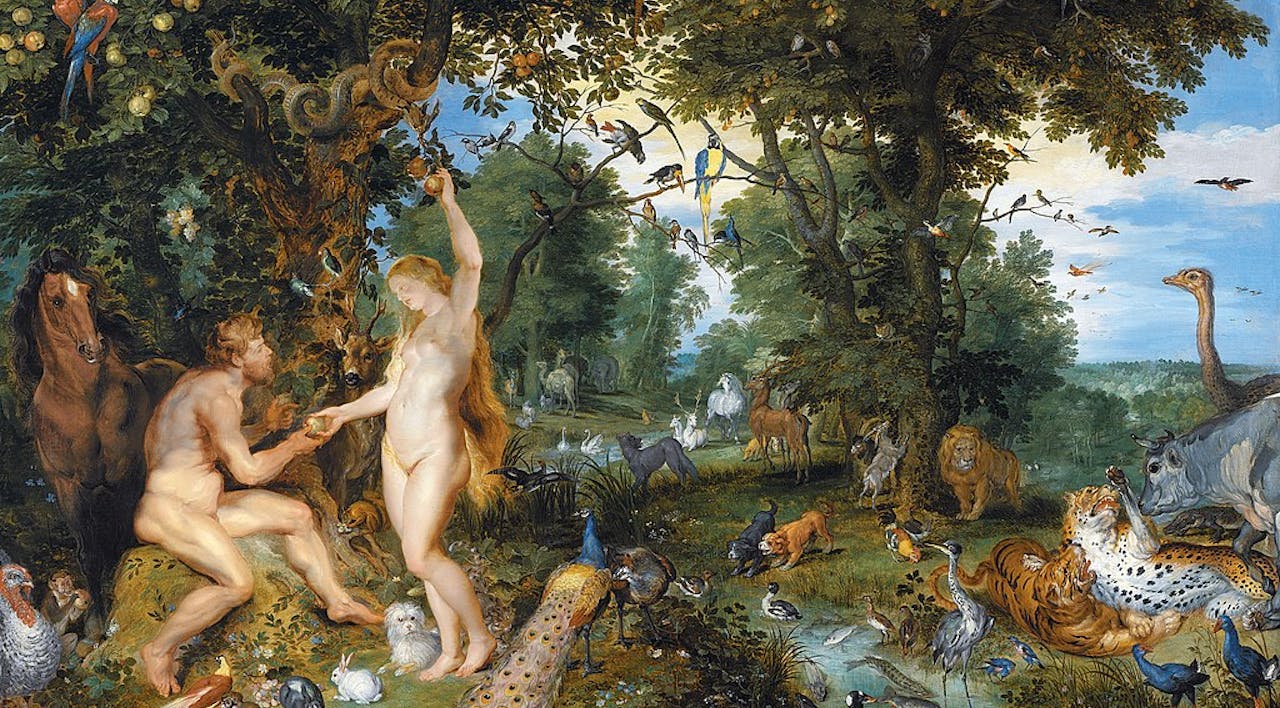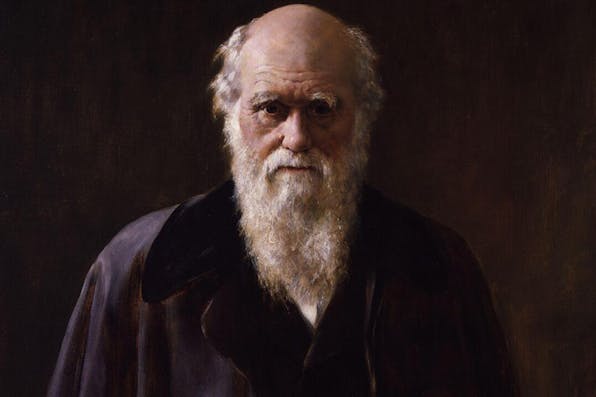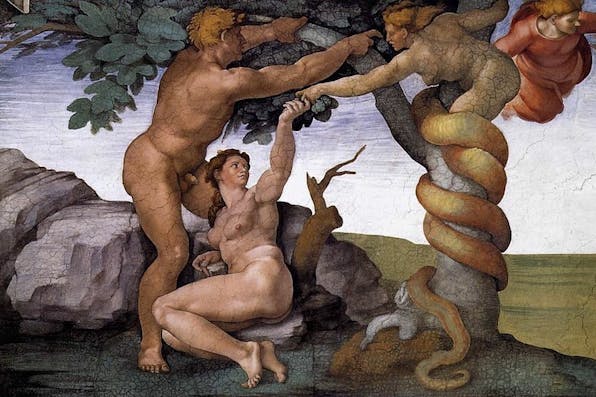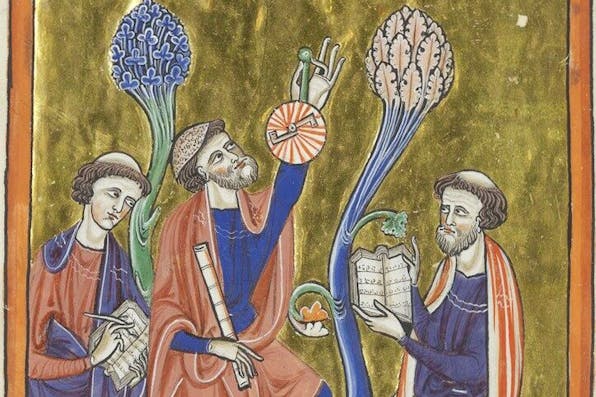
May 2025
How Evolutionary Biology Unlocks Genesis’s Theory of Man
The Bible shows our humanity while taking us back to the solitary, deep-water worm of our primordial origins.
In ninth grade I submitted my first take on the creation story to my young Bible teacher, Yossi Ofer. Now a prominent professor, Ofer had just begun his first teaching job; his approach sparked my lifelong love-affair with the Hebrew Bible. His sensitive response to my comparison between Genesis and the Big Bang included, however, a warning: “It is precisely those commentators who tried in the past to be ‘modern,’ to base their exegesis on the ‘latest science’ of their day, it is they who got antiquated.” Over 40 years later I’m still chewing on the very same questions, and his warning still rings in my ears.
Yet, despite the reasons for skepticism, in this essay I am going to offer a novel reading of the first eleven chapters in Genesis precisely in light of modern discoveries in evolutionary biology, geology, and human development. My goal is not to reconcile the Bible with science. Nor is it somehow to prove the truth of the Bible by demonstrating that it foresaw the discoveries of the past century. The discrepancies between the story told in Genesis and that told by physicists, paleontologists, and biologists are not what sparked the intellectual quest that led me to write this. My aim is rather to unlock the understanding of reality found within the biblical account of the origins of the world and the beginnings of human history. It is thus a continuation of essays I have written on the books of Job and Ecclesiastes that likewise seek to detect the philosophical understandings they convey.
Unlike these challenging books of what modern scholars call “wisdom literature,” which express structured ideas, the opening chapters of Genesis—however great their literary merits—seem at first glance to show the Bible at its most primitive. But over the past many years, I have come to the conclusion that, hidden within these origin stories, is a coherent theory of the cosmos and of humankind. This essay will cite the expansion of the universe and the Cambrian biological explosion because, as Maimonides argued nearly 1,000 years ago, only through understanding Genesis in these terms can one access its dramatic philosophical backbone.
Responses to May ’s Essay

May 2025
Uncovering the Darwinian Genesis
By Dru Johnson
May 2025
The Theological Implications of Reading Genesis as an Allegory for Evolution
By Zohar Atkins
May 2025
The Question Isn’t What Genesis Means, but What We Should Do
By Jeremy England
May 2025
There Are 70 Faces to the Torah. But Not All Interpretations Are Created Equal
By Ethan Dor-Shav